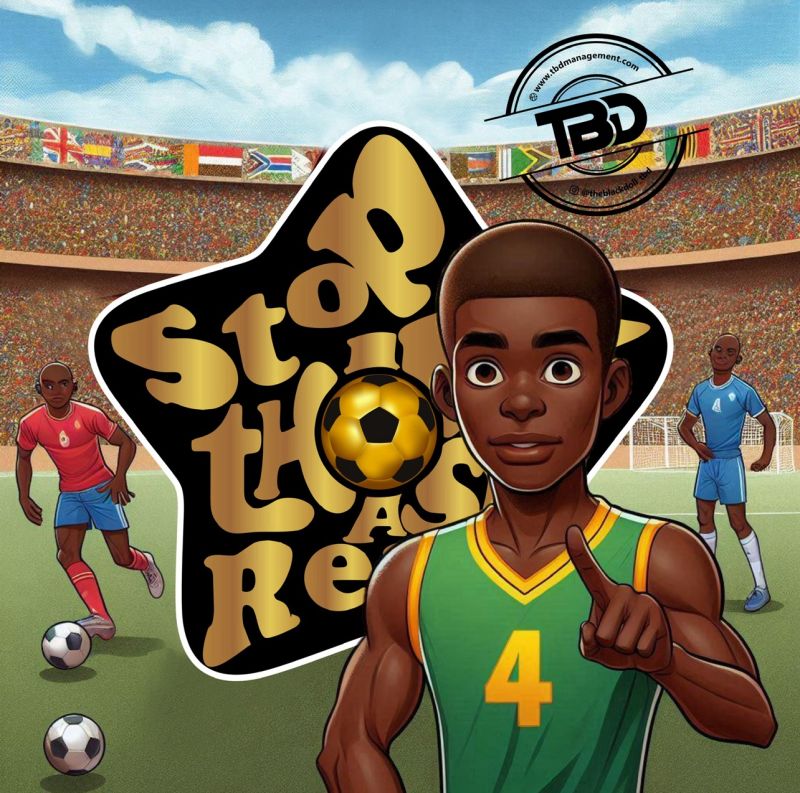❌ Human Trafficking of Football Players 👺
The issue of player trafficking has been a focus of mine for several years now, and I am delighted that Confederation Africaine de Football (CAF) has also taken a keen interest in it. Africa faces a significant problem, and CAF’s influential voice and wide reach can bring much-needed attention to this issue. However, I hope that CAF’s involvement will result in tangible action, rather than just superficial gestures, or “eye service” as we call it in Nigeria 🇳🇬.
There are two critical aspects to addressing this issue:
1. Prevention and
2. Cure;
…and it is essential to approach it with two distinct elements: proactive measures and effective solutions. It is crucial to continue to educate, but to also have an accessible email or phone number for players who find themselves in these dire situations. Furthermore, there must be a mechanism for rehabilitating and supporting individuals to return to their home countries and successfully reintegrate into society.
Despite the well-known adage by Benjamin Franklin, “an ounce of prevention is worth a pound of cure,” my personal experience has taught me that no matter how much effort we put into educating young players, it is impossible to completely eradicate the issue of player trafficking. This is because, despite being aware of the risks, some individuals are still willing to subject themselves to the dangerous journey to Europe, as documented by Ike Nnaebue in “No U-Turn”. In their eyes, the potential benefits outweigh the current hardships they face ☹️. I have advised players who have turned around and said, “Madam, let me just try my luck. What am I doing here?”.
I launched the STAR Project – STOP, THINK, ASK, REACT – to encourage players to pause and reflect before accepting unrealistic opportunities. By asking questions and gathering enough information, they can confidently take action.
In the United Kingdom (“UK”), there is a framework that identifies and supports potential and confirmed victims of modern slavery in the UK, regardless of where the exploitation occurred. It is called the National Referral Mechanism (NRM). This framework is a requirement under the Council of Europe Convention on Action against Trafficking in Human Beings (ECAT) and is also found in many other European countries. The NRM through its service providers ensure that potential and confirmed victims of trafficking are protected and supported.
For more information on the NRM please visit:
For more information on ECAT please visit:
I will discuss the NRM in a separate post.
—
To enjoy the full benefit of this post and some interesting comments, you can also view it on LinkedIn:

